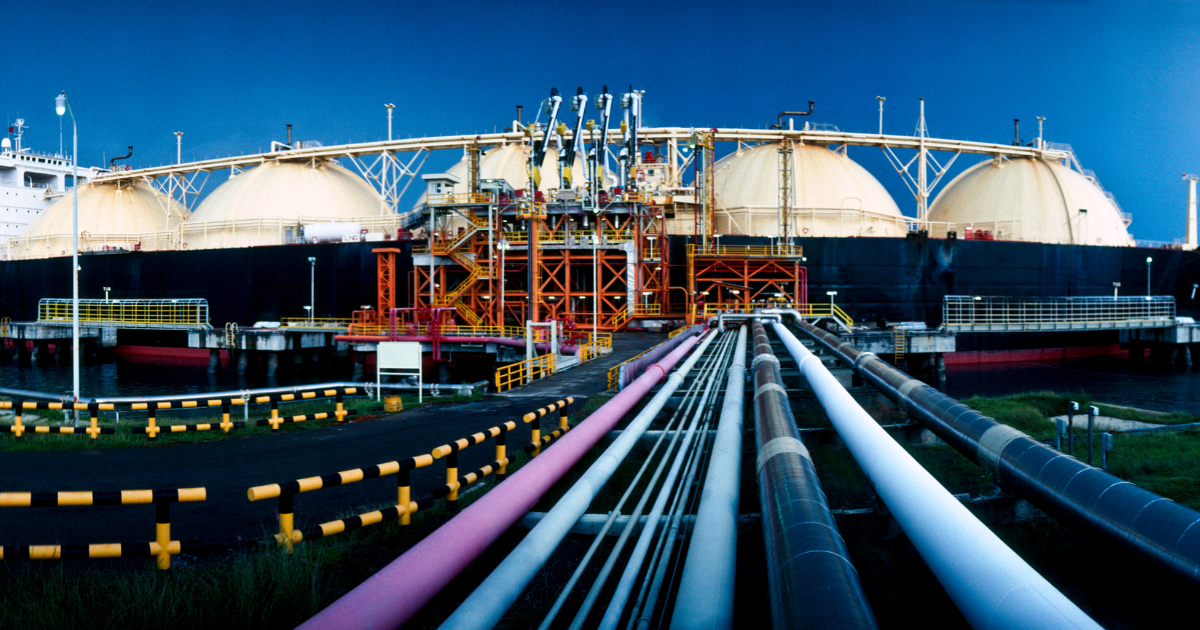First Nation Energy Projects
Canada’s First Nations communities are on the cusp of seizing significant opportunities to engage in multi-billion-dollar energy projects, ranging from pipelines to power lines. The anticipation is palpable as Indigenous groups await Prime Minister Justin Trudeau’s commitment to facilitate financing for these ventures, which could potentially reshape the landscape of the country’s energy sector.
With Canada’s Indigenous peoples increasingly asserting their rights and sovereignty, there’s a growing momentum towards greater participation in the nation’s economy, particularly in sectors like energy where significant investments are made. Trudeau’s promise to streamline the financing process for such ventures comes as a beacon of hope for Indigenous communities seeking to leverage their resources and capabilities.
For decades, Indigenous groups have been advocating for more meaningful inclusion and representation in the energy sector, emphasizing the importance of respecting Indigenous rights and fostering partnerships built on mutual respect and benefit. The opportunity to engage in large-scale energy projects presents a pivotal moment for Indigenous communities to assert their economic independence and contribute to Canada’s energy future.
The potential for Indigenous participation in energy projects spans a wide spectrum, encompassing various initiatives such as pipeline construction, renewable energy development, and transmission infrastructure projects. These endeavors not only have the potential to generate substantial economic returns for Indigenous communities but also to foster sustainable development and long-term prosperity.
Trudeau’s pledge to ease the financing process for Indigenous-led energy projects underscores the government’s recognition of the significant role that Indigenous peoples can play in driving economic growth and advancing energy transition goals. By removing barriers to financing, the government aims to empower Indigenous communities to take ownership of their energy resources and participate more actively in the country’s energy development initiatives.
The prospect of Indigenous involvement in energy projects also brings to the forefront critical considerations regarding environmental stewardship, community engagement, and socio-economic impacts. Indigenous-led initiatives are often guided by principles of sustainability, cultural preservation, and community well-being, highlighting the potential for a more inclusive and responsible approach to energy development.
As Indigenous communities await Trudeau’s promised support, there’s a sense of cautious optimism coupled with a determination to seize the opportunities at hand. The successful realization of Indigenous-led energy projects has the potential to not only transform the economic landscape but also to foster reconciliation, strengthen Indigenous self-determination, and pave the way for more equitable and sustainable development in Canada.
Companies Involved
Several companies are involved in Indigenous energy deals in Canada. These partnerships can vary widely in scope and focus, spanning across different sectors of the energy industry. Here are some examples of companies that have engaged in energy projects with Indigenous communities in Canada:
TC Energy Corporation: TC Energy, formerly known as TransCanada Corporation, has been involved in various energy projects in partnership with Indigenous groups. Notably, the company has worked closely with Indigenous communities on pipeline projects such as the Coastal GasLink pipeline in British Columbia.
Enbridge Inc.: Enbridge has collaborated with Indigenous communities on pipeline projects and renewable energy initiatives across Canada. The company has established partnerships with Indigenous groups to develop and operate pipelines, including the Line 3 Replacement Program and the Line 5 Tunnel Project.
ATCO Ltd.: ATCO is actively engaged in energy projects with Indigenous communities, particularly in the development of renewable energy infrastructure such as solar and wind farms. The company has worked on projects like the Fort Chipewyan solar farm in Alberta, which is owned in partnership with the Athabasca Chipewyan First Nation.
TransAlta Corporation: TransAlta has partnered with Indigenous communities on renewable energy projects, including wind and hydroelectric power generation. The company has collaborated with Indigenous groups on initiatives such as the Blue Trail Wind Farm in Quebec and the Siksika Nation Solar Project in Alberta.
Innergex Renewable Energy Inc.: Innergex Renewable Energy develops and operates renewable energy projects in partnership with Indigenous communities. The company has worked with Indigenous groups on projects like the Mesgi’g Ugju’s’n Wind Farm in Quebec and the Upper Lillooet Hydro Project in British Columbia.
Capital Power Corporation: Capital Power has collaborated with Indigenous communities on renewable energy projects, including wind and solar power generation. The company has entered into partnerships with Indigenous groups for projects such as the Halkirk Wind Farm in Alberta and the Whitla Wind Farm Expansion Project.
Final Look
In conclusion, Canada’s Indigenous peoples are poised to embark on a new era of economic empowerment and self-determination through their engagement in energy projects. Prime Minister Trudeau’s commitment to facilitating financing for these ventures reflects a significant step towards realizing the aspirations of Indigenous communities and advancing the country’s energy transition agenda in a more inclusive and collaborative manner. As the nation looks towards a future defined by renewable energy and sustainable development, the active participation of Indigenous peoples will be integral to shaping a more prosperous and resilient energy future for all Canadians.

STA Research (StockTargetAdvisor.com) is a independent Investment Research company that specializes in stock forecasting and analysis with integrated AI, based on our platform stocktargetadvisor.com, EST 2007.








































